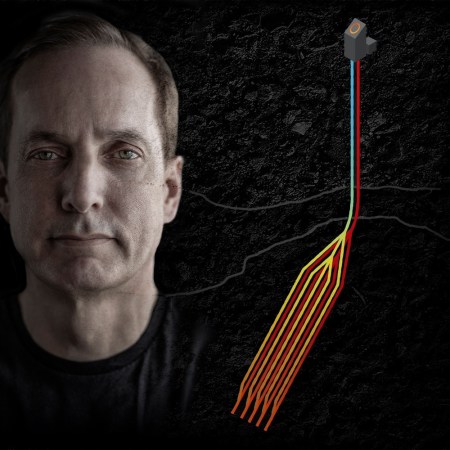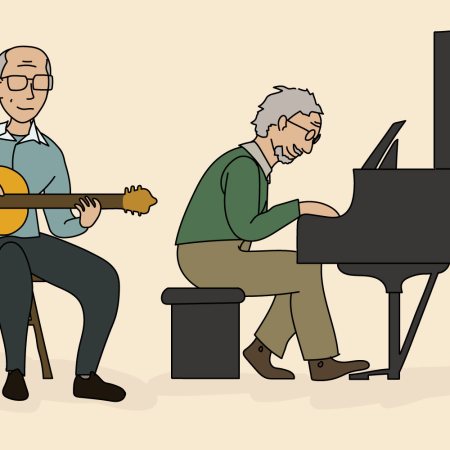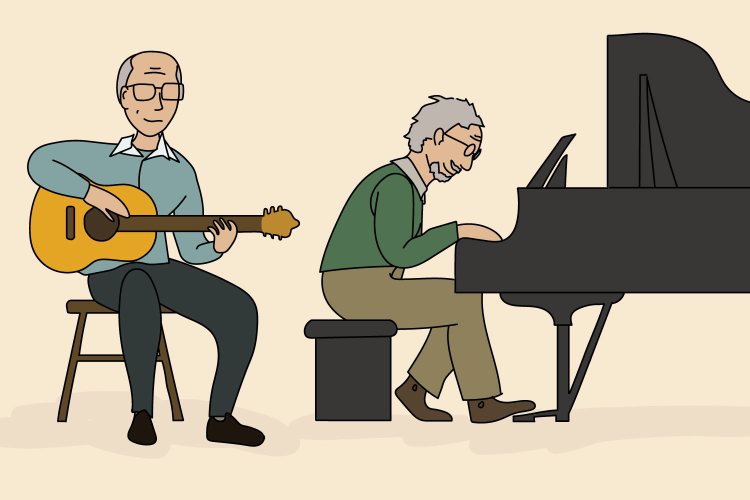Entitled. Irresponsible. Selfish.
Think we’re talking about millennials? Guess again. According to Neil Howe and William Strauss’s Generations, those were the sentiments of the baby boomers.
Timeless though grumbling about younger generations might be, there’s at least one new trend that separates today’s youth from generations past: a recent report from Experian states that 34% of those ages 18-34 will plan to opt out of home ownership in the next 5-10 years, compared to 27% overall (an 8% increase from 2016).
But the reasons for opting out of home ownership are actually fairly shrewd: “Wanting more flexibility to relocate, not wanting to carry as much debt, [and] not wanting the responsibility of maintaining a home and feeling that homes are less affordable.”
To the status quo, this probably seems obtuse, especially in a bull market with low interest rates and low unemployment. Homeownership, after all, is the cornerstone of the American Dream. The prevailing perception is that owning a home leads to more stable communities and wealth.
Economists, however, would disagree, noting that as the population of homeowners increases, the flexibility and financial independence of the workforce decreases.
As for affordability? According to this stat from the Wall Street Journal, incomes haven’t kept pace with skyrocketing house prices. According to a report by Goldman Sachs, more than 50% of millennials prefer value over price. In that respect, the valuations in the current home market would be a turnoff. High demand and low supply in places like New York and California — as well as a flood of foreign capital seeking a stable investment — have made home-buying a tedious proposition.
But it’s not just about salaries: while millennials face lower income levels than their parents did at their age, some millennials actually make good money. According to a study by Abodo entitled Millennial Homebuying, plenty of young folks can afford the monthly payments, but lack the savings and credit history for a down payment. Why? Student loans, for starters. Sure, degrees have become somewhat necessary to securing a good job, but there’s no denying the cost of education weighs younger generations down. “For every $200 you pay a month in student loans, that’s $200 you don’t have to save for a down payment,” says Chris Porter, Chief Demographer at John Burns Real Estate Consulting.
“We’re seeing a delay in home buying,” says Porter. “But it’s a delay consistent with the rest of their lives: on average, they’re getting married four years later than their parents and eight years later than the grandparents. They’re starting later because of college.”
Porter, who also co-authored Big Shifts Ahead — a must-read if you need help understanding demographic trends — says that it’s not just student loans weighing down savings, but also the number of bills: Internet, a la carte television, gym membership, cell phones. “The number of bills an average family has increased a lot from previous generations.”
Interestingly, the Adobo study also notes that millennials represent half the homebuying population in rural and small town communities, where there are fewer college degrees and more traditional values.
“Millennials are certainly attuned to the changes in population makeup and employment opportunities,” says Alicia Meinertzhagen of Quintessentially L.A. “Interest rates are still low for mortgages, and [there’s] increasing awareness that the ‘20% down’ benchmark is more fiction than fact in the current marketplace. Savvy millennials aren’t waiting to be priced even further out of the housing market as the months and years pass them by.”
So where are the savvy ones buying? In L.A., at least, Meinertzhagen notes that they’re opting for gentrifying neighborhoods like Ladera Heights, Highland Park and South Inglewood, where home sales were up in the third quarter thanks to younger buyers. “Millennials aren’t concerned about the gang-related history and stigma of certain L.A. neighborhoods. Walkability factor and proximity to the expanding Metro line are a more prominent focus.”
Keep in mind: many millennial buyers do have backing — their boomer parents are the wealthiest generation in the history of the country. So while the current homeownership rates favor the older generations, that will change as they die and money is passed down.“We’re due for a decline in homeownership in the near-term,” says Porter. “But that will eventually change, too.”
The last reason why young people are opting out of homeownership has to do with the modern employment landscape, in which the average employee works for just 2-3 years. If you know that your startup could lose funding or that you may (hopefully) advance on to something else, why would you tie yourself to a mortgage?
Which is all to say baby boomers inherited strong economic tailwinds that pushed them into incredible wealth. Their kids, however, inherited strong headwinds that have made them far more financially prudent.
Perhaps that means they’ll be wiser leaders than their parents, too.
This article was featured in the InsideHook newsletter. Sign up now.






















